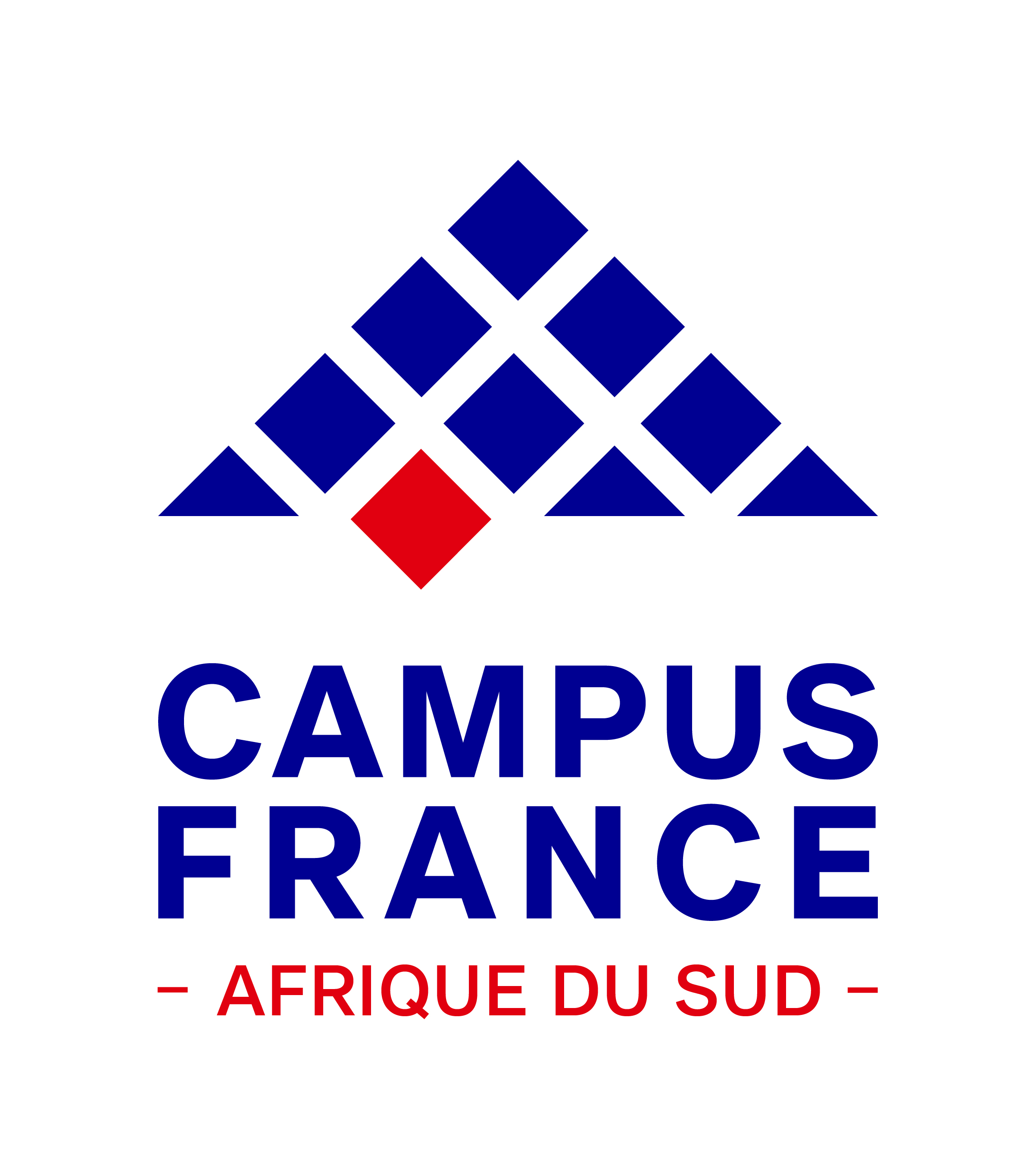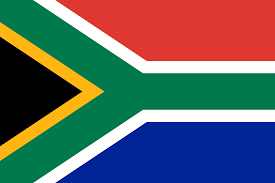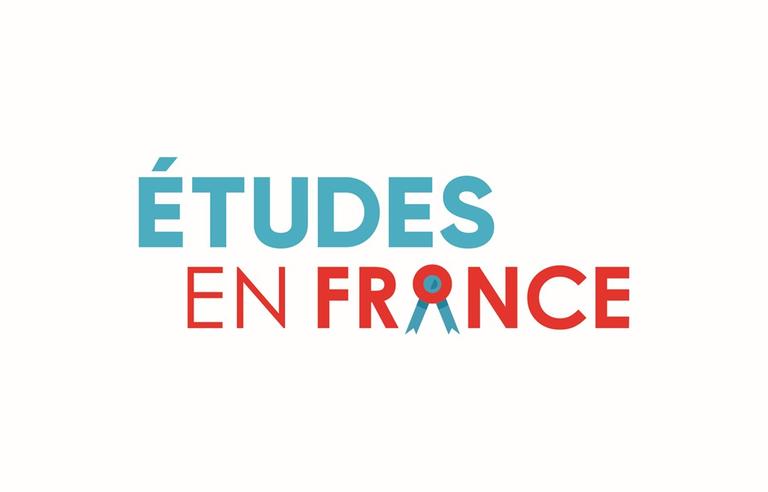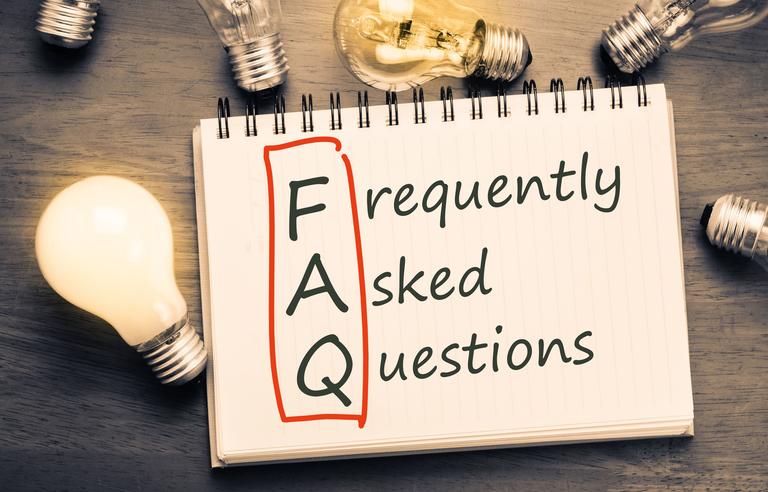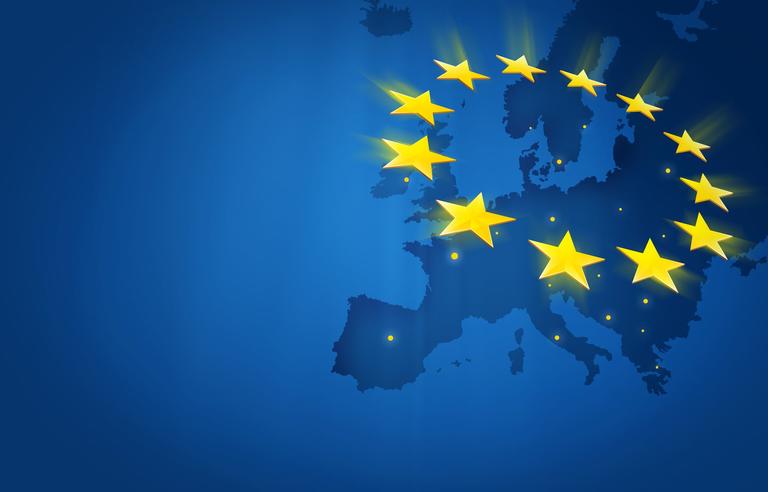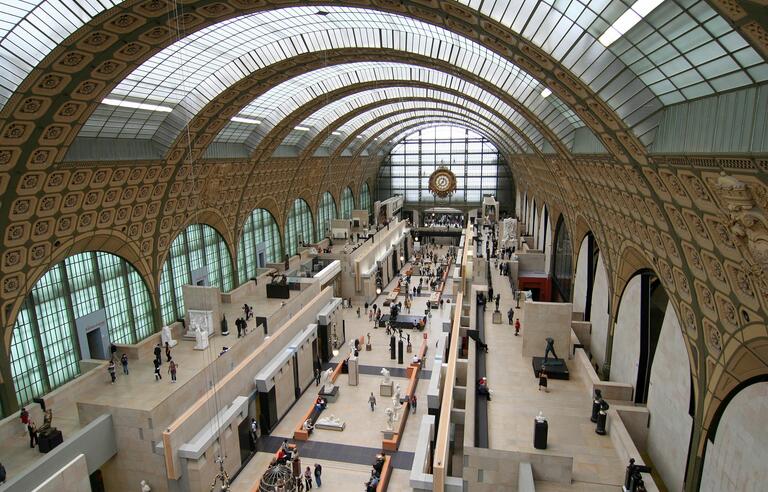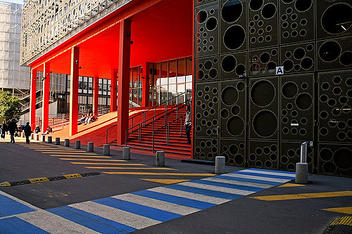Find your study programme

There are several catalogues that can help you find the programme that suits you!
Scroll down for a guide on how to use the catalogues.
PS: You do NOT need an Honours degree to study a Master's in France!
Degree equivalence
Before searching for a programme in France, make sure that you have the correct academic background!
If you have your matric (NSC/ IEB/ equivalent) and you are permitted to study a Bachelor's degree in SA, you can study a Licence, BTS, CPGE, BUT, etc in France.
You do NOT need an Honour's degree to study in France. Skip your Honour's and go straight to your Master's in France!
Matric = Bac (Baccalauréat) ➡️ You can apply for L1, the first year of a Licence (Bachelor's degree) in France.
Bachelor's or Advanced Diploma = Licence ➡️ You can apply for M1 in France (year 1 of a Master's).
Honour's or Postgrad Diploma = M1 ➡️ You can typically apply for an M2 in France (year 2 of a Master's).
Masters = Masters ➡️ You can apply for a PhD in France.
Various catalogues to suit your needs
Find your study programme using the Campus France catalogues.
Before applying, always check the course content, prerequisites, language of instruction, etc.
🔵 Taught in English catalogue - for all levels of study. Make sure to filter for 100% Taught in English.
🟡 Bachelor's level programmes - includes Licence, DU, BTS, etc. These are all taught in French.
🟢 Master's level programmes - including regular Master's degrees, MSc, engineering degrees, MBAs and Masters Specialisé.
⚪ Erasmus Mundus joint Master's degrees (these also include Erasmus scholarships for some students). Click here for more information.
🟣 Doctoral programmes and research labs. Almost all PhDs can be supervised in English.
Tip for finding PhD opportunities in English: If you cannot find something suitable in the above catalogue, don’t hesitate to use the English Programmes Catalogue to identify universities with English-taught programmes in your field. This is almost a guarantee that the university will have English PhD opportunities in your field too.
⚫ Arts programmes - includes all levels. Also serves as an application platform.
🟠 French Language courses and other short courses.
For French courses, look out for the FLE Label to indicate an accredited and quality French language centre.
How to use the catalogues
To find a programme, you can use the catalogues to view programmes and check the prerequisites, course content, language of instruction, tuition fees, etc.
How it works:
Step 1: Choose the level of study you wish to obtain (License or Master).
➡️ Licence 2 (L2) = is a 2-year programme (ex: BTS, CPGE, DUT / BUT.). Depending on the programme and the studies you have already completed, you can enter the 1st year (L1) or 2nd year (L2)
➡️ Licence 3 (L3) = Licence (national degree, equivalent to a Bachelor's degree) = is a 3-year programme. Depending on the programme and the studies you have already completed, you can enter the 1st year (L1) or 2nd year (L2) or 3rd year (L3)
There is no Honour's degree in France. Skip your Honour's and go straight to your Master's in France!
➡️ Masters 1 (M1) = The first year of a Master's level programme. Accessible directly after undergraduate (Bachelor's) degree. No Honour's required!
➡️ Masters 2 (M2) = a full Master's (national degree) is a 2-year programme. Depending on the programme and the studies you have already completed (if you have an honour's for example), you can enter the 1st year (M1) or 2nd year (M2)
Step 2: Filter by keyword, the field of study and subfield or by region. Click on the programmes to view the information sheet provided by the university.
Step 3: Access the website of the chosen institution and check the requirements and the application procedures.
Check the admission requirements carefully: level of studies required, application procedure, cost, language of instruction, etc.
The courses that you choose must be consistent with your study plan and as coherent as possible!

